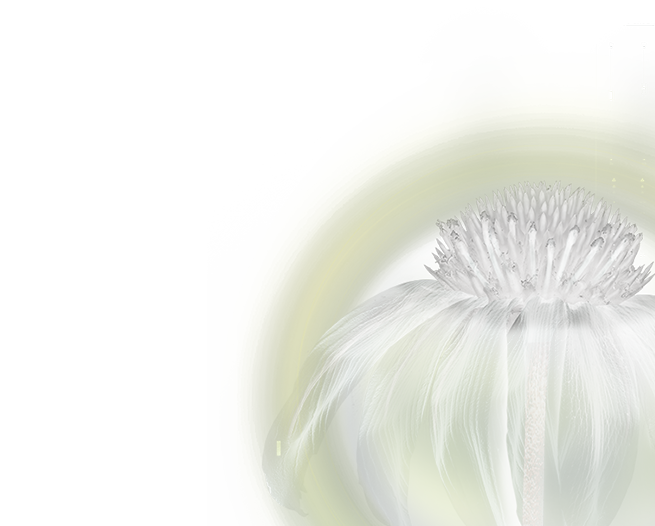製品、イベント、会社情報などのインデナの文書を閲覧できます。
セクションに移動The Active Ingredient
一般名
Squalene
基原植物
Amaranthus spp.
種類
Pure Molecule
植物部位
Seeds
健康上の効能
Vaccines formulation
アッセイ
Pure compound
広義のカテゴリー
A sustainable approach for modern vaccines
Squalene is a natural triterpenic hydrocarbon and a key intermediate in the biosynthesis of phytosterols and cholesterol in plants, animals, and humans. It belongs to the vast and diverse family of terpenoids, which includes over 55,000 known natural compounds.
First identified in 1916 by Matsumaru Tsujimoto from shark liver oil, squalene is in fact widely distributed in nature—substantial amounts are found in various vegetable oils, such as olive, rice bran, wheat germ, palm, and amaranth.
In the human body, squalene is produced by the sebaceous glands as part of the natural skin barrier. It accounts for about 10–15% of surface lipids and plays a crucial moisturizing and protective role. However, its endogenous production declines with age, making squalene a sought-after ingredient in cosmetic formulations aimed at restoring skin hydration and resilience.
Beyond its dermocosmetic benefits, squalene has attracted considerable attention in the nutritional and pharmaceutical fields. It exhibits antioxidant, anti-inflammatory, detoxifying, anti-infective, and even potential anticancer activities. Thanks to these multiple properties, squalene is considered a high-potential ingredient for nutraceutical and therapeutic applications.
Squalene has also emerged as a critical component in modern vaccinology. It serves as the basis for next-generation adjuvants—formulation ingredients that enhance the immune response to a given antigen.
While aluminium salts have traditionally been the gold standard for vaccine adjuvants, oil-in-water emulsions containing squalene, such as the well-known MF59, represent a newer and highly effective alternative. These emulsions are known to increase antigen uptake, prolong biological residence times, and stimulate local immune cell recruitment, although the precise mechanisms are still under investigation.
However, the increasing demand for squalene—estimated to grow at an annual rate of 6.3% by 2028, with Europe as the leading consumer—is raising sustainability concerns. Traditional sourcing from deep-sea sharks is both ethically and ecologically problematic: approximately 3,000 sharks are required to obtain just one ton of squalene, contributing to the risk of extinction for several species.
In response to these environmental and ethical issues, attention has shifted toward sustainable plant-based sources. Among them, Amaranthus species stand out as one of the richest vegetal sources of squalene. Although the oil content of amaranth seeds is relatively low (4–8%), the squalene concentration within the oil can reach 6–8%, making it one of the most efficient botanical alternatives.
In line with its long-standing commitment to innovation and sustainability, Indena has developed a process to extract high-purity squalene from Amaranthus seeds. This vegetal-derived squalene is used as a raw material for vaccine adjuvant production, offering a reliable, ethical, and renewable alternative to animal-sourced compounds. It represents a concrete step forward in aligning pharmaceutical development with environmental responsibility—without compromising efficacy.



